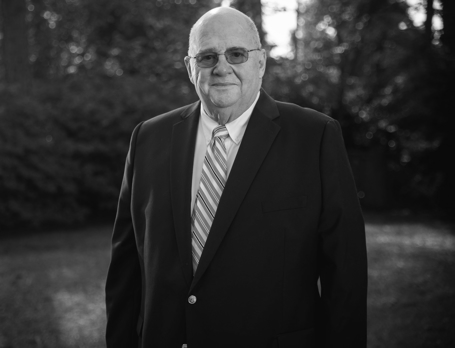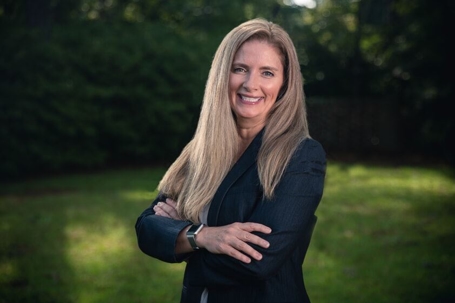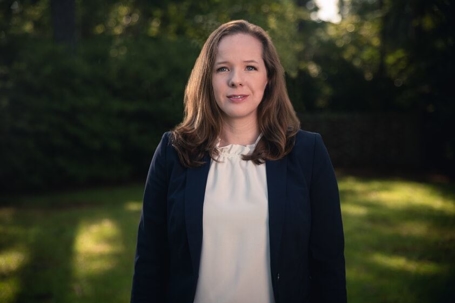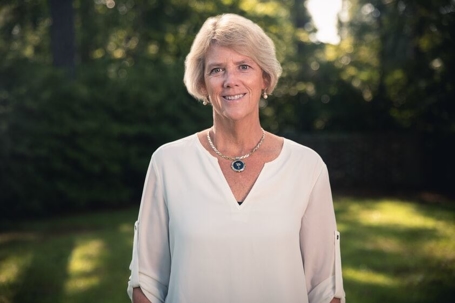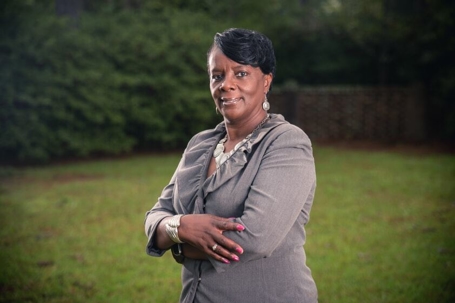
Conservatorships & Guardianships in Summerville
Ensuring Your Loved Ones Are Taken Care Of in Charleston, Dorchester and Berkeley Counties
The lawyers at PMC Law Firm are here to help you or your loved one navigate through any difficult times you encounter. When it comes to matters involving conservatorships and guardianships, our clients often come to us just trying to understand what these terms mean. If you have questions about either of these important legal matters, then we strongly urge you to take advantage of a consultation with our legal team so we can understand your unique circumstances.
For experienced guidance with conservatorship and guardianships in Summerville, reach out to Main Office online or call (800) 914-0620 to schedule a consultation.
Guardianship Explained
A guardianship is court authority to make decisions for another person (often called a "ward"). People often think of guardianship over a minor when they hear this term; however, in this section, we are referring to guardianship over an incapacitated adult who cannot care for themselves due to some illness or other mental deficiency.
The most common example of guardianship is for someone who has dementia or Alzheimer's disease and can no longer make important decisions for themselves. Other examples include people who have a disability or have suffered a brain injury and are not able to act in their own best interest. A guardian makes decisions concerning where the person will live and their health care. A court-appointed guardian must make yearly reports to the Probate Court regarding the condition of the incapacitated person.
What Is A Conservator?
Much like a guardian, a conservator is also a court-appointed person who handles the affairs of someone who is unable to do so on their own. A conservator is a type of fiduciary, someone to whom property or power is entrusted for the benefit of another. However, a conservator handles financial matters like managing and protecting assets, paying bills, and working with the guardian to pay for health care. A conservator also reports periodically to the court about income and expenses and is often required to create a monthly budget for the ward. A conservator can be appointed for a minor or an adult.
Common reasons why a conservator is required:
- A minor inherits a large sum of money from an inheritance. If the funds are more than $10,000, the Court will require a Conservator to be appointed to manage those funds on behalf of the child.
- An elderly adult becomes incapacitated due to dementia or Alzheimer’s Disease and needs someone to ensure their bills are paid, seek any benefits they may be entitled to and otherwise manage their financial affairs.
- A perfectly healthy twenty (20) year old is in a severe accident which has left him unconscious and perhaps permanently brain-damaged. The Court will appoint someone to manage his financial affairs and perhaps even brings a lawsuit on his behalf.
How To Establish Conservatorship
A conservatorship is established by someone (usually a family member or interested party) filing a Summons & Petition in the Probate Court to be named Conservator. The Court schedules a hearing to determine whether the person over whom the Conservatorship is sought is legally incapacitated.
The medical evidence of incapacity is required and the court will provide a guardian ad litem to represent the interest of the alleged incapacitated party. If the judge decides that the person is legally incapacitated and in need of protection, the Court may appoint a Guardian (personal decision making) or Conservator (financial decision making) or both.
FAQ: Conservatorships & Guardianships
Here are answers to some of the common questions our attorneys are asked by clients regarding conservatorships and guardianships:
Question #1: How is a conservatorship or guardianship established?
A: Each process begins when someone, usually a family member or interested party, petitions the Probate Court to establish a conservatorship and/or guardianship. The court schedules a hearing to determine whether the person over whom the guardianship is sought is legally incapacitated. Medical evidence of incapacity is required, and the court will provide a guardian ad litem to represent the interest of the alleged incapacitated party. If the judge decides that the person is legally incapacitated and in need of protection, the court may appoint a guardian or conservator or both. The court then supervises the conservator and/or guardian.
Question #2: Do I need a lawyer to establish conservatorship or guardianship?
A: An attorney is not necessary in every conservatorship or guardianship case. However, we recommend you consult with an attorney before beginning the process so you can make an informed decision.
Question #3: If I have been named as a power of attorney, do I still need to become a conservator or guardian?
A: If you are lucky, the answer is no. A properly drafted and executed health care power of attorney will often eliminate the need for a guardian. Similarly, a properly drafted and executed general durable power of attorney will often eliminate the need for a conservator. That being said, situations do arise where court involvement is necessary. At times, it is also necessary to use this process to remove someone who is serving as a power of attorney but is not acting in the best interest of the incapacitated.
Question #4: What is a fiduciary?
A: Generally, a fiduciary is someone to whom property or power is entrusted for the benefit of another. For example, a trustee is a fiduciary for the beneficiaries of the trust. A personal representative is the fiduciary for the beneficiaries of an estate. A conservator or guardian is a fiduciary for their ward. Being a fiduciary comes with many responsibilities so it's very important to understand your obligations before agreeing to become a fiduciary or proceeding in court.
Question #5: Who has priority to serve as a conservator or guardian?
A: South Carolina law dictates who has priority to serve, and preference will always be given to the person chosen by the ward. To the extent possible, the ward may state their preference during the process. Preference will also be given to a party the ward has chosen in writing through execution of a power of attorney. If the ward has not or can no longer express a preference, a spouse has the highest priority, followed by the adult children of the ward. If there is not a suitable family member to serve or the family is in disagreement, the court may appoint a neutral person who is unrelated. Our firm often serves in this capacity, and we also help families and wards locate suitable conservators and guardians when needed.
Get the Legal Help You Need Today
It's normal to have a lot of questions about conservators and guardians, and our estate legal team is here to provide the answers you need. Every day, we help families dealing with incapacity, aging parents, dementia, and Alzheimer's disease. If you need assistance navigating through this difficult process, don’t hesitate to contact our team to schedule your appointment.
To speak to a member of our law firm, call us today at (800) 914-0620.



Why Work With PMC Law Firm?
What Sets Us Apart
-
Compassionate Client Care & Fierce Legal Strategies
-
Every Case Gets Its Own Legal Team
-
Former Judicial Experience
-
Over a Century of Combined Legal Experience






